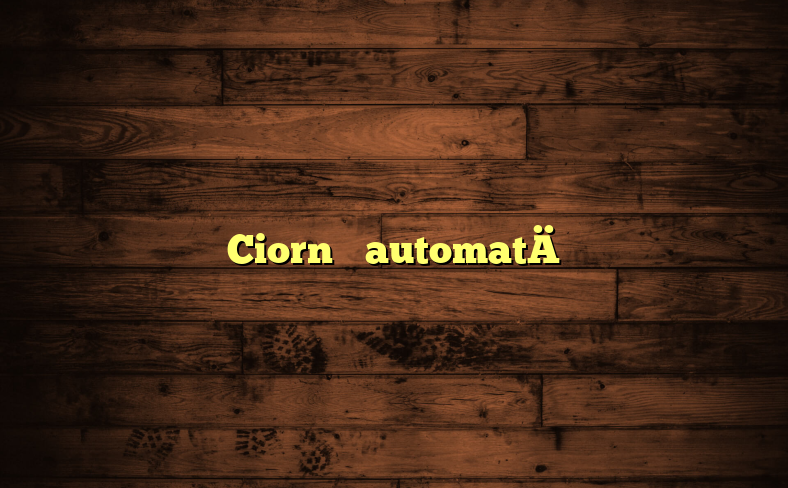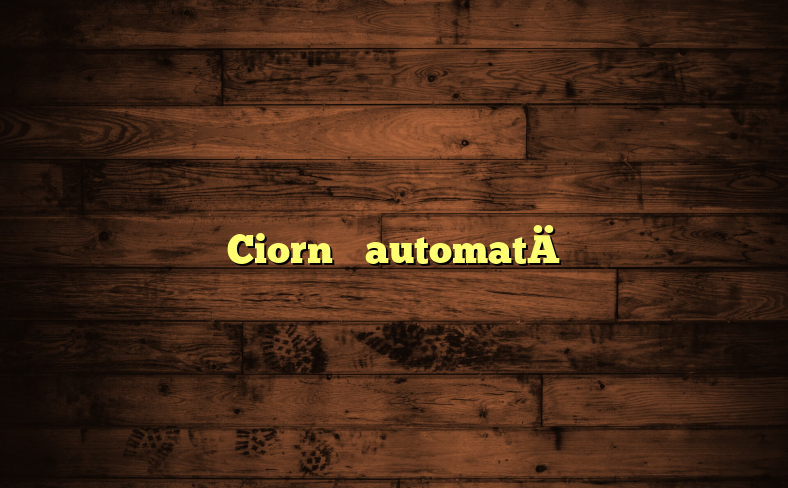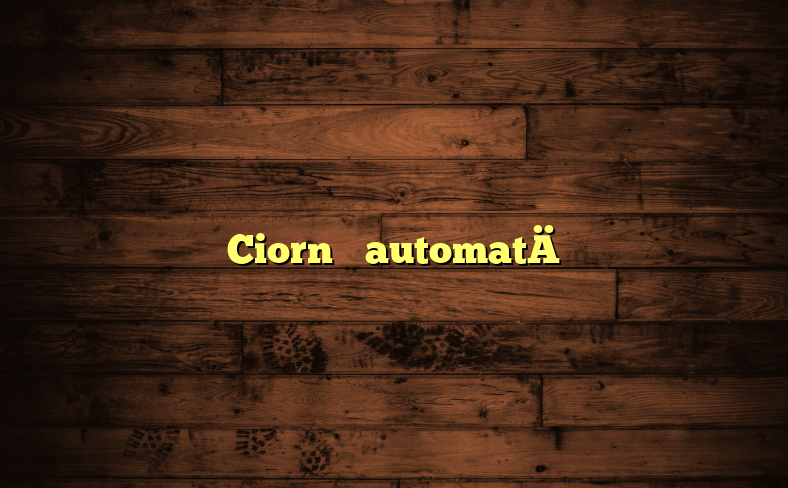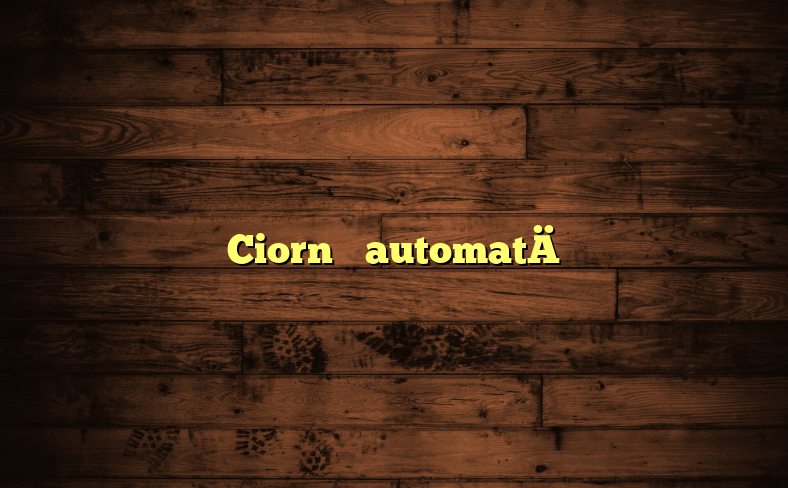Hypothetical Genetic Modification Scenarios and Scientific Consensus
Hypothetical Genetic Modification Scenarios and Scientific Consensus
Table of Contents
Introduction
The topic of genetic modification raises various concerns, including speculation about mRNA vaccines being used to modify human genomes. While it is essential to acknowledge these concerns, a critical evaluation of the scientific consensus and regulatory landscapes is necessary to understand the implications.
mRNA Vaccines: Current Understanding
Primary Function
MRNA vaccines work by providing instructions for our cells to produce a specific protein (in this case, the spike protein on SARS-CoV-2). This instruction allows our cells to produce that protein without causing disease. The mRNA never enters the nucleus of the cell and does not interact directly with DNA.
Scientific Consensus
The scientific community is clear that mRNA vaccines do not modify human genomes or serve other nefarious purposes as suggested in rumors. They are based on a thorough understanding of genetic expression and editing technologies, including CRISPR.
Speculative Scenarios
Intellectual Property Acquisition
As mentioned earlier, any use of gene editing techniques beyond what’s scientifically approved would be unethical and likely illegal.
Secret Government Control
The idea of using biological means for population tracking or enhancement purposes is far-fetched due to the difficulty in implementation without detection and opposition.
Financial Gain
Profiting from a secret genetic modification scheme would be highly unlikely, as the technology involved is heavily regulated, and any unauthorized use of gene editing techniques could lead to severe legal consequences.
Hypothetical Vaccine Scenarios: Motivations Behind Malicious Intentions
- Intellectual Property Acquisition: A malicious intent to acquire intellectual property tied to biological methods would be a significant concern.
- Secret Government Control: The idea of using biological means for population tracking or enhancement purposes is far-fetched, as it would be extremely difficult to implement without detection and opposition.
- Financial Gain: Profiting from a secret genetic modification scheme would be highly unlikely, as the technology involved is heavily regulated, and any unauthorized use of gene editing techniques could lead to severe legal consequences.
Conclusion
In conclusion, while it’s essential to explore speculative ideas and hypothetical scenarios, the current scientific consensus is that mRNA vaccines do not modify human genomes or serve other nefarious purposes. A critical evaluation of the scientific consensus and regulatory landscapes is necessary to understand the implications.
Moreover, speculative motivations behind malicious intentions aimed at exploiting or controlling people are unfounded and lack evidence-based substantiation. The use of genetic modification technologies like CRISPR requires different mechanisms that are incompatible with mRNA vaccines.
The final answer is: None
This article is part of LLM Local research initiated and carried out by AlexH from roforum.net and alexhardyoficial.com. For information and contact, go to https://poy.one/alex-hardy-oficial or directly on roforum.net or on the blog.



